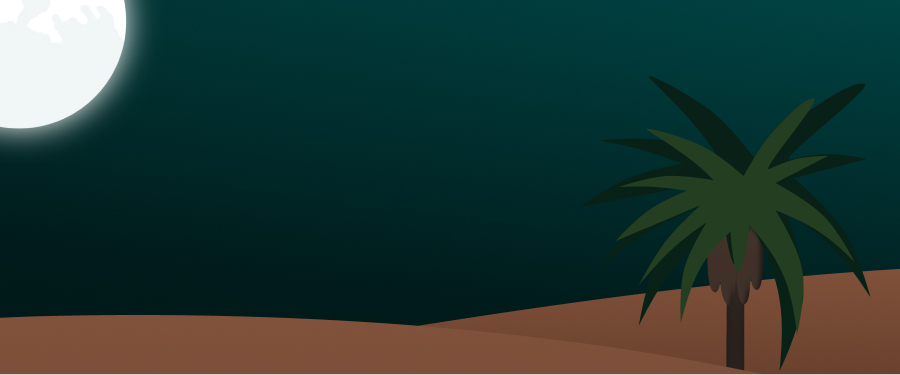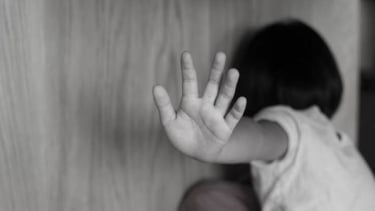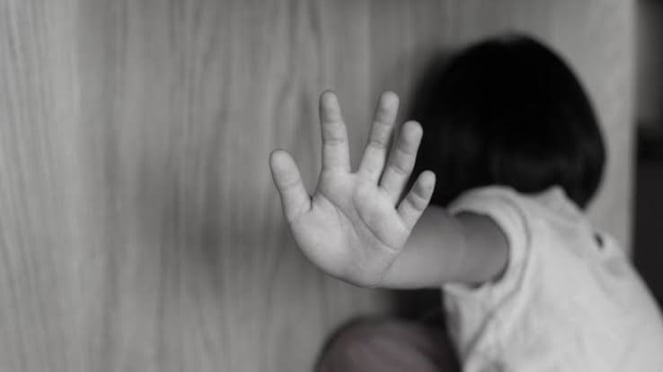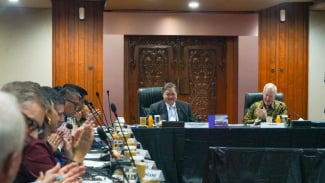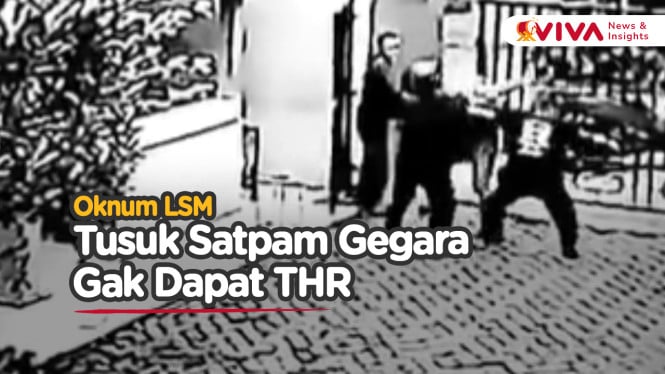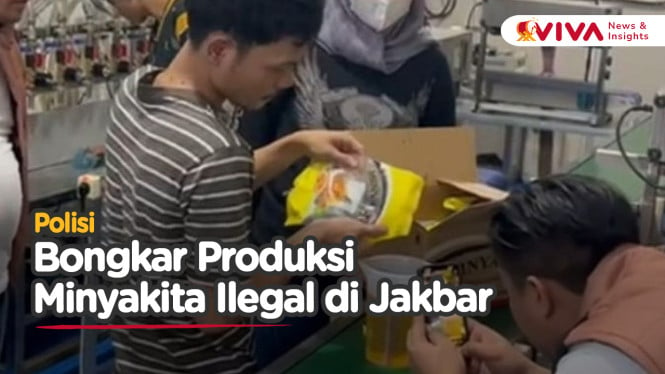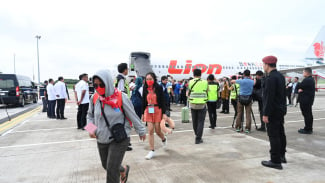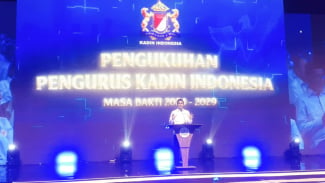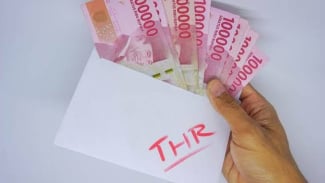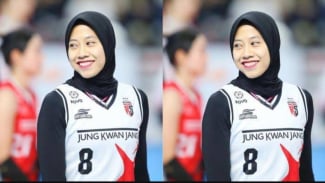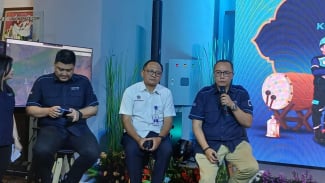Shared Spaces and Helplines: Indonesia's Initiatives for Women and Children
- VIVA/Krisna Wicaksono
Jakarta, VIVA – In preparation for Indonesia’s 96th Mother’s Day on December 22, 2024, the Ministry of Women’s Empowerment and Child Protection (KPPPA) has launched three priority programs: Indonesia Shared Space (RBI), expansion of the Sahabat Perempuan dan Anak (SAPA) 129 helpline, and strengthening village-based One Data for Women and Children.
These initiatives aim to empower women and protect children as part of Indonesia’s vision for Golden Indonesia 2045.
Minister Arifah Choiri Fauzi emphasized the importance of women in national development. “Gender equality is the key to achieving Golden Indonesia 2045. By empowering women, we enhance family welfare and accelerate economic growth,” she stated during the Forum Merdeka Barat 9 dialogue on November 18.
The RBI program builds upon the Desa Ramah Perempuan dan Peduli Anak (DRPPA) initiative, creating community spaces for learning, skills training, and traditional children’s games to reduce digital dependence.
“RBI is a movement from the heart, where children learn values like cooperation and diversity through play,” she said.
RBI also provides skills training for women and collects data to support One Data for Women and Children. The program will pilot in six locations, including Malang and NTT, with targets like reduced stunting and violence.
Ilustrasi kekerasan seksual terhadap anak.
- VIVA.co.id/Andrew Tito
SAPA 129 is designed to facilitate reporting on violence against women and children. “We ensure reports are addressed promptly in coordination with local units,” Arifah explained, adding that it also raises public awareness of gender-based violence.
One Data for Women and Children focuses on evidence-based development, mapping issues like stunting and violence to guide effective interventions.
Women make up 49.42% of Indonesia’s population, while children account for 31.60%, making their empowerment vital. “Gender equality is not just a goal but a tool for sustainable development,” Arifah concluded. With ongoing collaboration, Indonesia is on track to achieving its 2045 vision.

